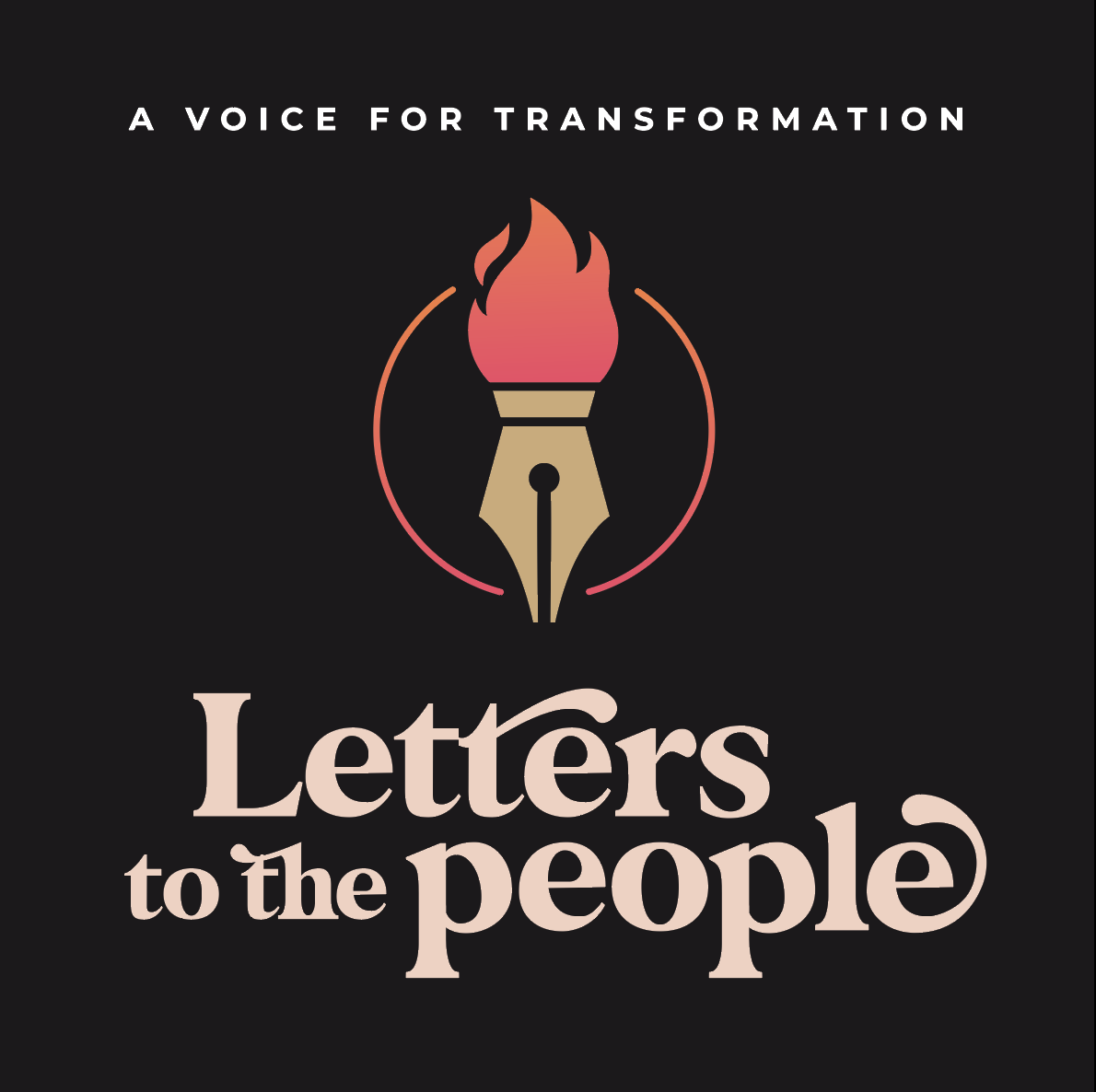What is the truth?
“Three things cannot be long hidden; the sun, the moon, and the truth.”
~ Buddha
“Some Things Are True Whether You Believe Them Or Not” the message on the roadside billboard stirred a multitude of thoughts and emotions within me. The change in my life over the last few years seemed to be summed up in that simple statement. A personal search for truth had turned my orderly life into chaos. I looked at the cars traveling along side of me on the interstate and wondered how many others noticed the sign, and of those, how many had paused at the significance of its message. My mind slipped into its familiar pattern of shifting inward. How many truths am I still ignorant of? What illusions do I still cling to? What questions do I still need to ask? Once again I thought of the thousands of people that passed the sign and wondered how any of us ever know what questions to ask.
Belief shapes who we are and how we view the world, but as history verifies, it does not always describe truth. Old values did not support the fact that the world revolved around the sun and to think otherwise was often labeled heresy, punishable by death. Sailors would distance their vessels from the horizon line for fear of falling of the edge of a flat world, and untold numbers of virgins have lost their lives to bubbling volcanoes to appease volatile Gods.
So how did society move away from false beliefs to an awareness of truth? Someone asked a question. The simple act of wondering created an energy that gained momentum and eventually truth was discovered. As that “truth” was challenged, more questions were asked and more evidence emerged to confirm it, and gradually the truth became recognized and accepted as such. But truth rarely surfaced without great effort.
Regardless of the time it takes for truth to be recognized, it patiently exists, regardless of popular belief. The billboard seemed to echo a statement I had just recently read “Truth is not determined by human desire, nor by human decree. Truth is the harmonization of the human mind and heart with what is. It seems necessary to say these things because all too often power, common opinion and tradition are taken-for-granted synonyms for truth.” -Rev. Terrance A. Sweeney, Ph.D. [Margaret Starbird, The Woman with the Alabaster Jar, (Vermont: Bear & Company, 1993) Forward, p. XIII]
One thing I had come to understand is that truth just IS. It stands there, waiting to be recognized, unmoved by anyone’s emotional attachments, secret desires, or practiced beliefs. Truth does not care what you want it to be or not to be, and because of that very trait, truth can appear as brutal and callous. It does not sugar coat anything or bend to allow for inadequacies. I imagine that is why we create illusions. It seems easier to choose to believe only what we want to believe in order to support the fragile insecurities that escort us on our life’s journey instead of entertaining a truth that will inevitably smash an illusion we have become attached to.
I found myself irritated as I contemplated the odds that any of the people I saw that morning were actually aware of the illusions that held them hostage (let alone seeking freedom from them) and damned the complacency that secured their ignorance. I wondered what would move me, once again, to reach beyond my current comfort level to an awareness of more truth. I knew more was to be discovered because I was still asking questions. My process of emerging had been exhausting, and whether it was tenacity or courage, I was dedicated to freeing myself and healing, knowing it required brutal honesty and inner searching to separate the truth from the lies.
Jesus once said “And ye shall know the truth, and the truth shall make you free” (John 8:32). Often, when we pray to God we ask for guidance or instruction and in essence, if it’s a sincere request, we’re actually asking for truth. When I hear someone say they “know” something is true, I honestly wonder what process they personally experienced to claim that knowledge. In order to really “know” anything, one must be open to the truth, regardless of how they feel about it, which requires a willingness to acknowledge either side of an answer, yes or no. Anything else is only asking for the current belief to be reinforced.
As I drove the freeway that morning, I felt overwhelmed at the process truth must endure to ever be accepted, especially if the implications cause a breakdown of core beliefs. Resistance and rejection is almost guaranteed when one senses an attack on the ideals they’ve built upon. Peter B. Medwar illustrated this when he said “The human mind treats a new idea the same way the body treats a strange protein; it rejects it.”
Life is defined by beliefs, and in essence, to break down beliefs means to break down life, and to break down life means, to a certain degree, to die. And that’s exactly what had happened to me; I had died. The person I thought I was had undergone a transformation through the death of some deep, core beliefs, and the healing process I was still recovering from had reframed everything, creating a place for truth and rebirth.
So why is it that the truth brings freedom? I would suggest it is because each soul is fighting for the liberation of what truth brings. Perhaps it is the soul’s desire to be free from what is not; frustrated with the consequences and emotions that stem from the lies and illusions that have been accepted in place of what is. Jesus identified himself as the great I AM, an expression of a perfect knowledge of self; and I believe each soul is on a quest for that same awareness. We want to know, and knowing takes courage because of the very nature of truth. Truth is truth, whether you choose to believe it or not.
For Mormons:
“While I believe all that God has revealed, I am not quite sure that I understand what he has revealed, and the fact that he has promised further revelation is to me a challenge to keep an open mind and be prepared to follow wherever my search for truth may lead.
We have been blessed with much knowledge by revelation from God which, in some part, the world lacks. But there is an incomprehensibly greater part of truth which we must yet discover. Our revealed truth should leave us stricken with the knowledge of how little we really know. It should never lead to an emotional arrogance based on a false assumption that we somehow have all the answers, that we in fact have a corner on truth. For we do not.”
~Hugh B. Brown (BYU address 1969)

